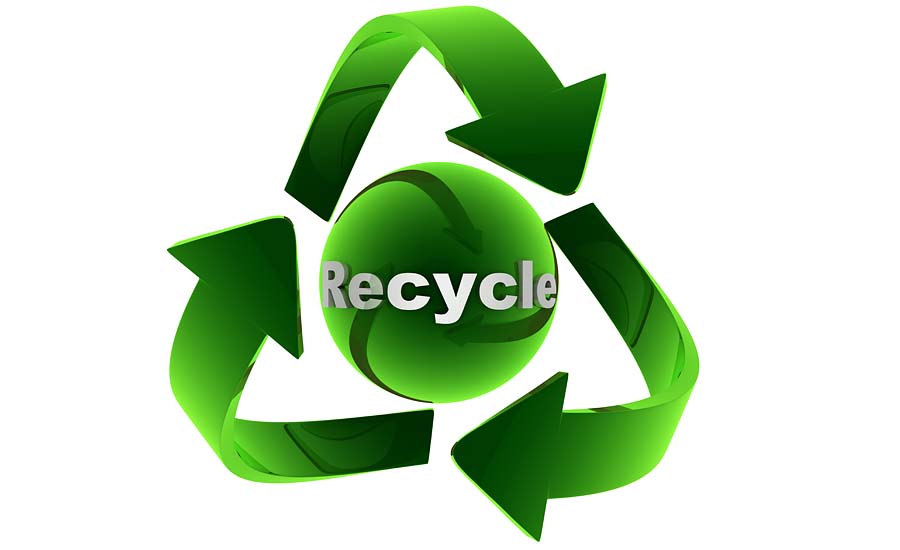Unilever calls for accelerated industry action on packaging waste
Unilever made a commitment to ensure 100% of its plastic packaging was fully reusable, recyclable or compostable by 2025.

Unilever, Englewood Cliffs, N.J., called for the consumer goods industry to step up its efforts to tackle ocean plastic waste and create a circular economy for plastics.
One year after Unilever made a commitment to ensure 100% of its plastic packaging was fully reusable, recyclable or compostable by 2025, Paul Polman, chief executive officer, announced that 10 companies have made similar pledges.
“It is welcome news that many other major companies are making their own commitments to address ocean plastic waste,” says Polman. “Yet as a consumer goods industry, we need to go much further, much faster, in addressing the challenge of single-use plastics by leading a transition away from the linear take-make-dispose model of consumption to one which is truly circular by design.”
Unilever outlines four key actions the consumer goods industry should take to create the systemic change and accelerate the transition to a circular economy:
- Companies to invest in innovation toward new delivery models that promote re-use.
- More companies to commit to 100% reusable, recyclable or compostable packaging by 2025 and set stretching targets for using post-consumer recycled content.
- A Global Plastics Protocol setting common definitions and industry standards on what materials are put into the marketplace to ensure packaging is compatible with existing and cost-effective recycling infrastructures.
- Engage in policy discussions with governments on the need for improvements to waste management infrastructure, including the implementation of Extended Producer Responsibility schemes.
“Addressing the issue of ocean plastic is a shared responsibility – all stakeholders in the value chain must work together in partnership to find effective solutions,” adds Polman. “However, there is no doubt that the response from the consumer goods industry will be amongst the most critical in determining the speed at which positive change takes place. We are at a critical juncture."
Looking for a reprint of this article?
From high-res PDFs to custom plaques, order your copy today!








